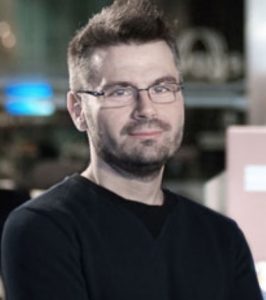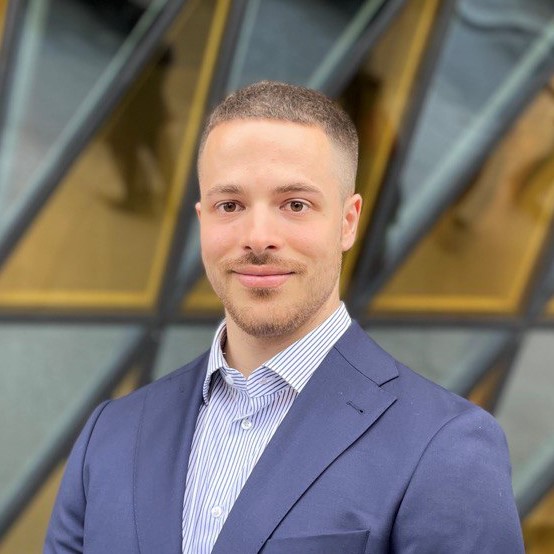Let’s talk about non-verbal communication
Project leader - main PI:
- Stephan Hau, Professor, Department of Psychology, SU
Co-PI
- Panagiotis Papapetrou, Professor, DSV, SU
Researchers
- Håkan Fischer, Professor, Department of Psychology, SU
- Petri Laukka, Professor, Department of Psychology, SU
- Ioanna Miliou, Senior Lecturer, DSV, SU
- Lennart Högman, Senior Lecturer, Department of Psychology, SU
- Therese Anderbro, Senior Lecturer, Department of Psychology, SU
- Nora Choque Olsson, Department of Psychology, SU
- Luis Quintero, PhD student, DSV, SU
- Franco Rugolon, PhD student, DSV, SU
Project period: 2023-01-01 to 2025-12-31
Funding: Marcus and Amalia Wallenberg Foundation
Description
In this groundbreaking interdisciplinary project the fields of psychology and data science are brought together. This project investigates interpersonal psychotherapeutic interactions and their effect on treatment outcomes using AI and time series analysis. The combination of research and evaluation methods from the field of data science with the research methods of psychotherapy research, as well as the combination of verbal and non-verbal data in the evaluation strategy, creates an innovative progression in this interdisciplinary field.
The aims of this project are to use explainable artificial intelligence (XAI) and time-series technology to:
- Systematically document relevant dimensions involved in psychotherapeutic communication, e.g., affective expressions as well as nonverbal communication.
- Investigate interactive patterns and reciprocal effects of non-verbal behavior in dyadic interactions.
- Investigate the effects of nonverbal communication on therapy outcome.
- Investigate the development and processing of the so-called “working alliance” based on non-verbal dyadic communication features.
- Investigate the dynamic features of the “working alliance” as a continuously changing relational tool relevant for treatment outcome.
- Investigate early process indicators within the patient-therapist dyad with predictive potential for the outcome of psychotherapy.
- Develop a training model including relevant parameters for improving psychotherapeutic capacities to improve the working alliance.
- Improve psychotherapy education by suggesting new educational techniques in the different psychotherapy education programs in the Nordic countries.




